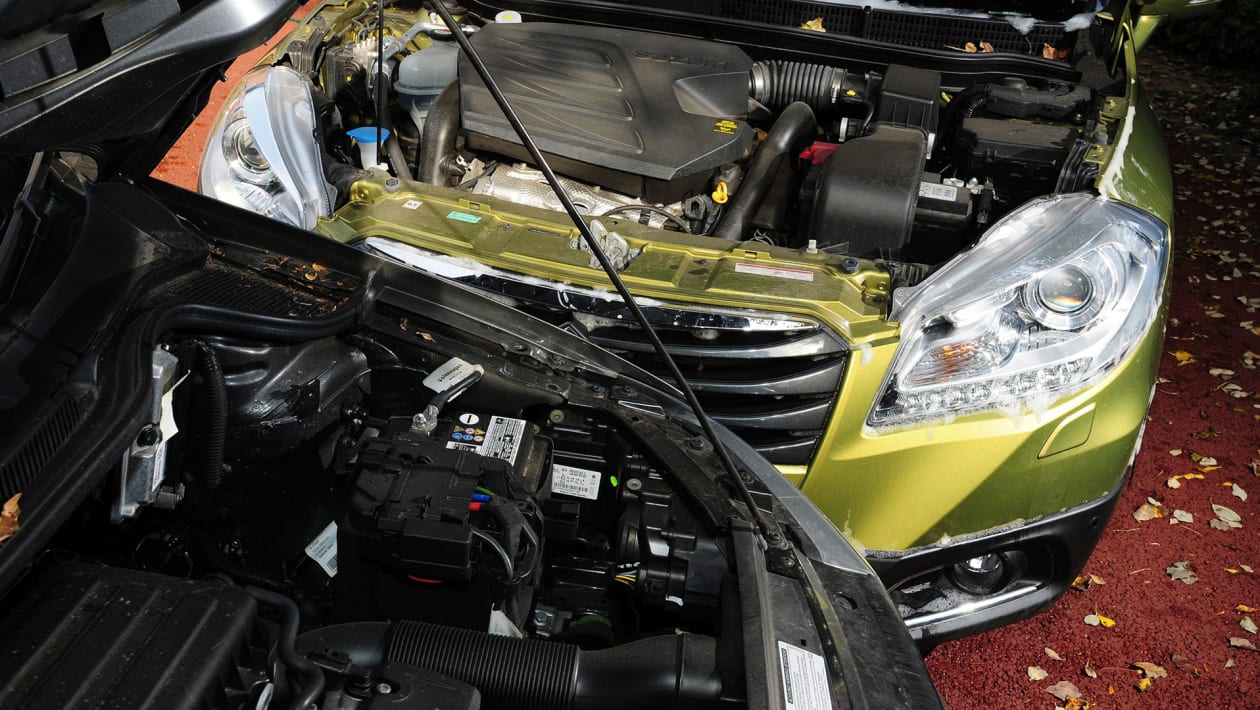

Fuel is used to cool the fuel pump, and running with less than a quarter tank for long periods of time may reduce the life of the fuel pump substantially. If you drive around with a nearly empty gas tank often, you may want to rethink that habit. A symptom of starving the car for fuel is a car that runs correctly at idle and low load, but falls flat on its face as you ask for more power (when climbing a hill, for instance).įuel pumps may fail due to age, sediment buildup, or running the incorrect fuel. If the fuel pump is on its way out, it may work intermittently or not at all. If the injector clogs completely or stops working, no fuel will reach the combustion chamber and no power will be made on that combustion stroke. If an injector gets clogged, it affects the spray pattern and the injector’s ability to atomize fuel. Injectors usually last for a long time, but they can become clogged with age or poor fuel quality as the fuel filter fails to pick up all the sediment from the gas tank. 5) Clogged Fuel Injectorsįuel injectors are the last parts before the combustion chamber in a long list of components that make up the fuel system. A vacuum leak will make the vehicle run lean as unmetered air is enters the intake manifold. A vacuum leak can be tested for using a smoke test to make sure the air intake system is sealed tight like it should be. Vacuum leaks often only affect vehicles at idle, but if the leak is bad enough it may affect overall vehicle performance. Otherwise, the engine will never be powerful enough to make it up a hill. It is important to have a clean air filter that is not clogged so air can continue to pass through the filter and enter the chamber without the impurities in it. If you were to have a clogged air filter that wasn’t able to prevent impurities like debris and bugs from getting into the internal combustion chamber, then these impurities could end up damaging the engine.

3) Clogged Air FilterĪs much as the internal combustion chamber needs clean fuel, it also needs clean air to be mixed together with it to keep the engine powerful. Depending on what’s wrong, you may be able to clear it yourself. If you think your exhaust may be clogged, the issue should be addressed as soon as possible. You may be able to drive slow on flat roads but once you get to an uphill road, you likely won’t be going anywhere fast.Ī clogged exhaust can be dangerous, as it is a fire hazard in extreme cases. If either one of these filters gets clogged, it limits the engine’s power and ability to accelerate. The muffler reduces the noise from the exhaust and the catalytic converter reduces the exhaust pollution. The catalytic converter and the muffler serve as filters for the exhaust pipe, for harmful emissions and sound respectively. If the flow of fuel is restricted too much, not enough will be able to reach the fuel injectors and the car is likely to run lean. If the fuel filter is not changed for a long time, eventually the particles and sediment from the gas tank will build up and clog the filter, restricting fuel flow. If you don’t have a good fuel filter to prevent the impurities of the fuel from flowing into the engine, then it could ultimately jeopardize the performance of your engine.įuel filters typically have a service interval for when they must be changed. You can’t have a good working engine without fresh pure gasoline flowing into it at all times.

Reasons Your Car Loses Power Going Uphill 1) Bad Fuel Filter


 0 kommentar(er)
0 kommentar(er)
